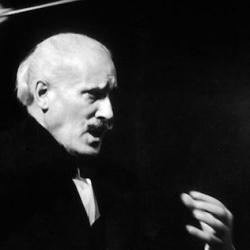We should, Paul Griffiths says (Decreation, 324–5), be careful about the aesthetic judgments we make: “every human creature’s formation in the discernment and delight in beauty is different, and because each of us is badly damaged with respect to our capacity to make reliable judgments about the presence and nature of beauty, we should not be very confident about the judgments we make, and should acknowledge that an artifact that seems to some human creatures crudely annoying, even repellent, may seem to others delightful in respect of its beauty.” Whatever hierarchy of beauty there may be, it isn’t “obvious to all, or even most, human creatures.”
In particular, Griffiths argues, “Christians ought to pause before accepting this view of kitsch. Christianity—Catholic, Protestant, and Orthodox—has been and remains among the great generators of kitsch, and that is because Christianity is and always has been a religion of peasants and proles. Most Christian art is and always has been kitsch: that’s what most Christians like, and they like it exactly because it has the principal identifying mark of kitsch, which is to be free of nuance, lacking in subtlety. A kitschy artifact leaves those who interact with it in no doubt about how they should respond. The Stations of the Cross, present on the walls of every Catholic church, are not subtle and are not supposed to be. They are there to conform you to the bloody sufferings of Christ.”
Griffiths is particular concerned about the way contempt for kitsch is simply a pleasure in being the kind of elevated person who is contemptuous of kitsch: “The connoisseur’s hushed, museum-trained gaze is not well-designed for these purposes. That gaze values subtlety, complexity, ambiguity, and irony. Its most characteristic grace note is self-congratulation at being the kind of person who likes this rare and beautiful thing, whatever it may be, laced always with contempt for those too crude, too uneducated, or too simple to be able do so.”











